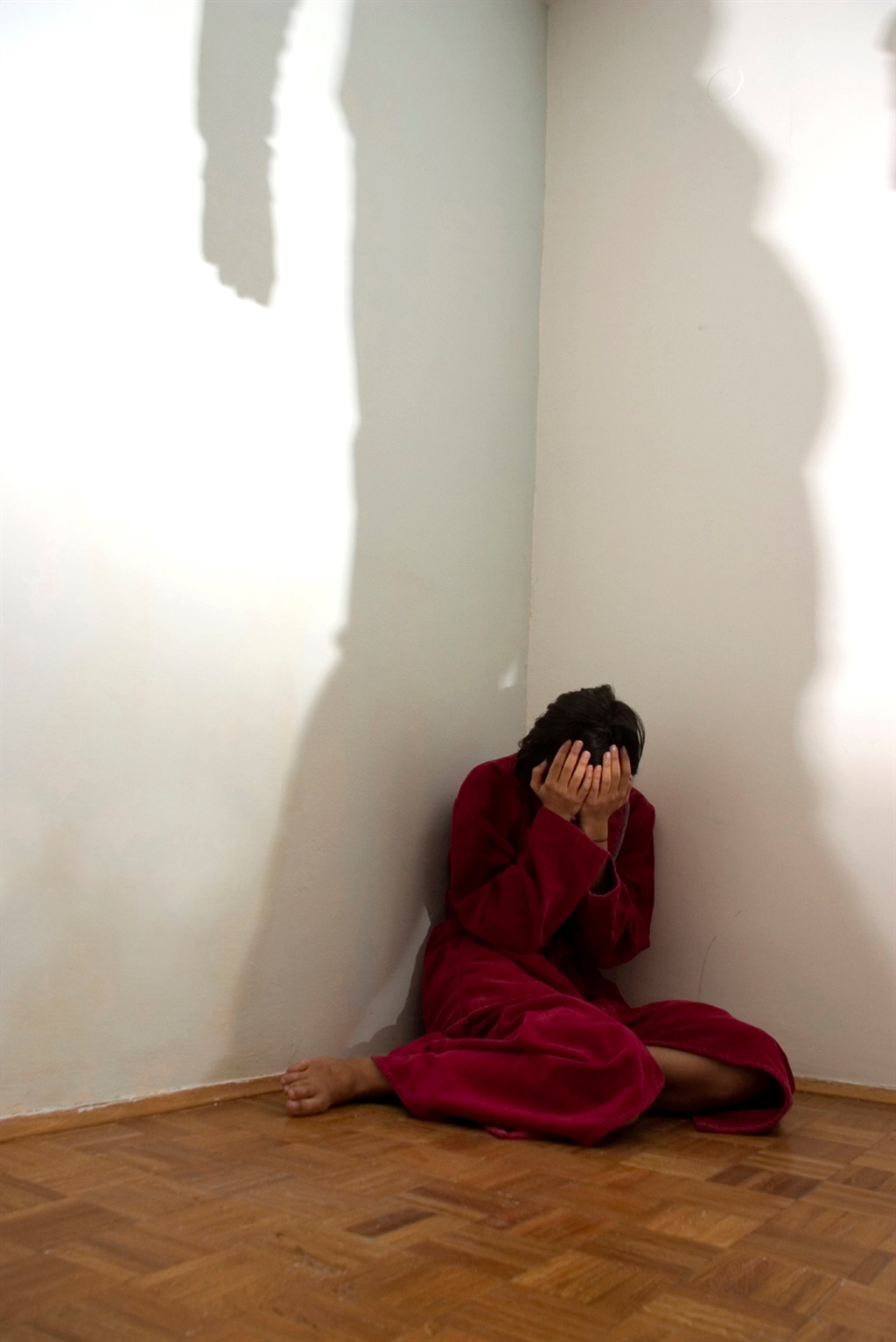
According to Statistics South Africa, one in four women in Gauteng will be raped in their lifetime.
It would seem that South Africa is among the worst places for women to live.
Rape, woman and child abuse have become synonymous with South Africa.
The minister for women in the presidency, Susan Shabangu, has called government departments, civil society and society at large to put our collective shoulder on the wheel and push back on gender-based violence.
Gender-based violence is not limited to physical actions, such as rape or assault – it also takes psychological and emotional forms.
As the minister argues, societal behaviour contributes to the environment where gender-based violence is normalised.
Citing social customs and norms, and the way media portrays women, the minister has called on society and the media for introspect on how they could be making the crisis worse.
By many accounts, the media in South Africa has made great progress when it comes to stereotypical portrayal of women in the media. Yet it would seem much larger ground needs to be covered yet.
So how do South African women fare in the world? Together with Rwanda, South Africa is recognised globally for its progressive stance on women representation in public institutions.
The deliberate moves the government is making in this regard express the seriousness with which this imperative is taken.
However, this privilege will not be felt by all women if we leave behind the many millions of women to suffer in silence the spectre of gender-based violence.
The Film and Publication Board has taken up this challenge, by organising a roundtable discussion on sexual violence in the media.
This was done at the launch of the board’s classification guidelines review, held at the Birchwood Hotel in Boksburg.
The board is tasked with providing consumer advice to enable adults to make informed viewing, reading and gaming choices as consumers of that content.
The Film and Publication Board is tasked with protecting children from exposure to content deemed inappropriate for their age.
The board is undertaking a process of reviewing its current classification guidelines to measure whether they are still reflective of South Africa’s societal norms and values.
The classification guidelines are required to reflect South Africa’s societal norms and values so that consumers can make informed choices on the content that they are exposed to.
The review process entails consolidating data from the research we have conducted over the years.
Analysis of this data and public consultations will assist us to determine whether or not the current classification guidelines need to be enhanced.
In the conversations we are having with high school pupils, we find that both boys and girls are unhappy with how women are sexualised in hip-hop and pop music videos.
Previously, the Film and Publication Board commissioned a study to assess the impact that specific classifiable elements have on children at various levels of their development.
The research was aimed at ensuring that the age categories utilised by the board are in line with the levels of cognitive development of children.
The high-level findings of the study indicated that the current classification guidelines are sufficient even though there were noted inconsistencies in some of the classification decisions.
The classifiable elements with the most impact for children between the ages of seven and 17 were found to be horror, violence and sexual content.
It was however, noted that children surveyed, especially the older age groups were desensitised to violence and horror.
The Film and Publication Board will be travelling around the country, engaging the public, filmmakers, film students, gender and human rights activists, academics.
These engagements will take us to urban and rural places and involve the public from all walks of life, as our mandate affects all South Africans.
The board looks forward to robust exchanges and to enhance its work through the insights that will come from this process.
• Botolo is the acting spokesperson of the Film and Publication Board.




 Publications
Publications
 Partners
Partners








